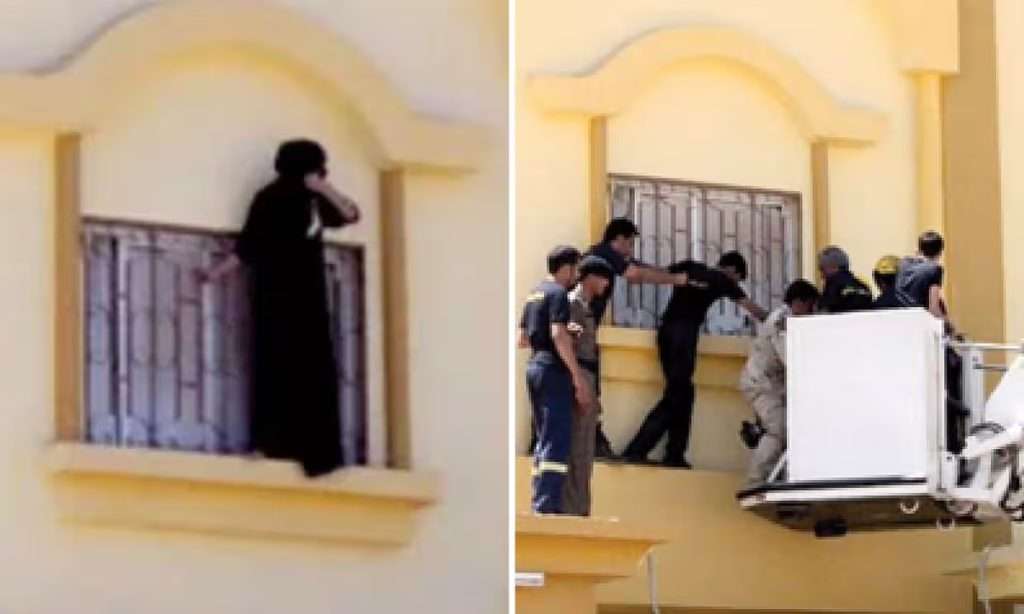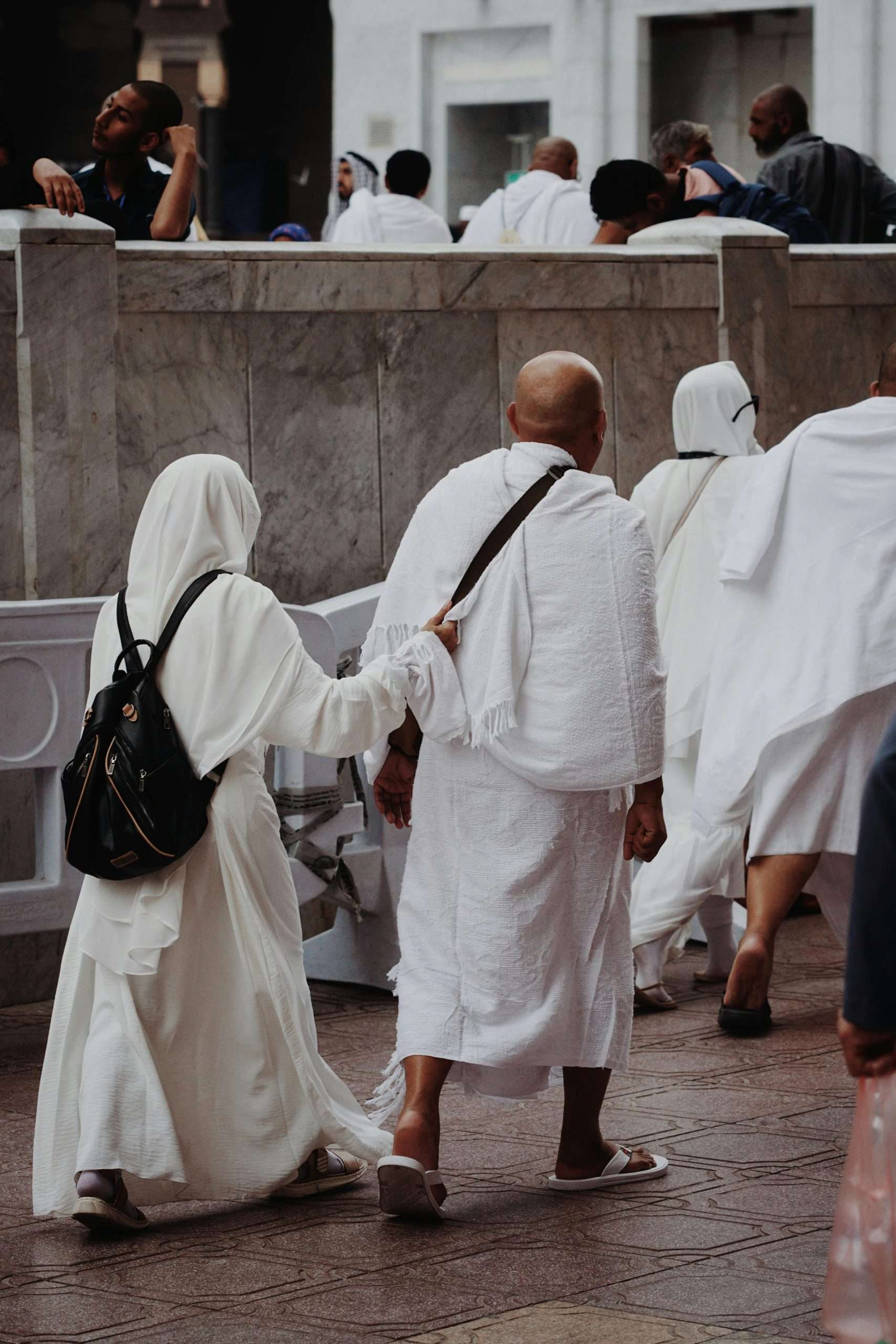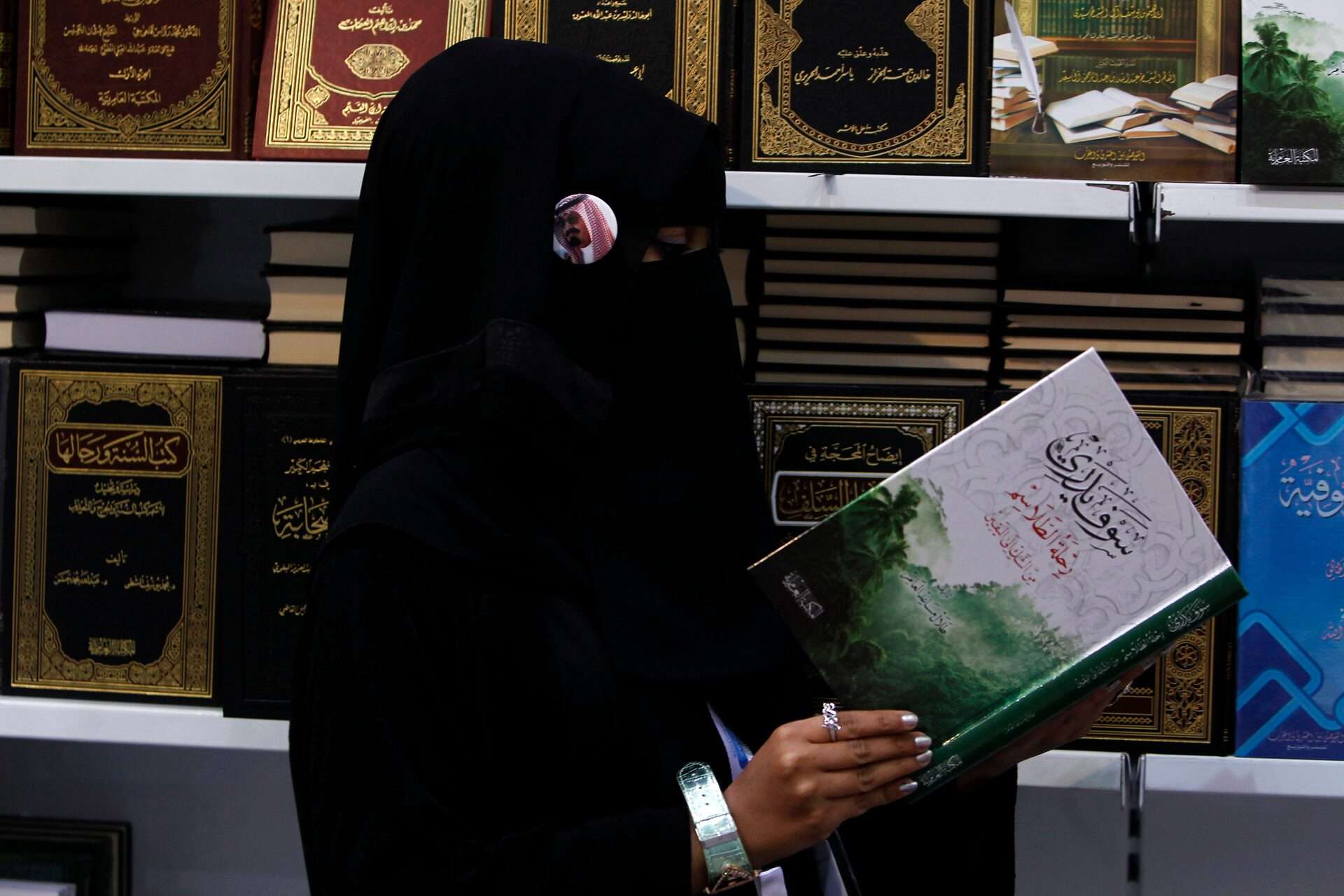Women are still imprisoned for “disobedience” in Saudi Arabia

Women in Saudi Arabia are facing a threat major threat from the Kingdom’s “care homes”, where they suffer a loss of autonomy and are infantilized.
But what is the wider context here? Russia, as well as parts of East and South Asia have seen a rise in unorthodox gender norms being challenged, but this does not apply to the Middle East, according to a Carnegie Endowment for International Peace paper published on June 5th.
In the paper, Saskia Brechenmacher, senior fellow for Carnegie’s Democracy, Conflict, and Governance Programme says “many of the progressive gender norms now being contested elsewhere were never institutionalized in the first place” in the Middle East and Gulf region.
But in the case of Saudi Arabia, the nation is going a step beyond adhering to long-established traditional gender concepts. It is true that the country continues to pose as a nation that welcomes gender parity, but women are being imprisoned for “disobedience” and the country’s so-called care homes are still plaguing the lives of women and girls, The Guardian reported on 28th May.
The Kingdom has a notorious history with gender inequality, with a history that has seen women stoned to death for adultery. Despite its reputation, last year, Saudi Arabia was selected to lead the Commission on the Status of Women (CSW), a top United Nations (UN) women’s rights group. This year, Saudi Arabia continues to celebrate its ties with FIFA after it was chosen to host the FIFA men’s World Cup in 2034.
In the secret corners of Saudi Arabia, there are detention centres that hold women and girls who have been accused of being “disobedient” by their male guardians. Inside these Dar al-Reaya, which means “care homes” in Arabic, young women are stripped of their independence and liberty and are punished for “disobedience.” Activists have condemned the country’s Dar al-Re‘aya as one of the regime’s subtle tools for debilitating and controlling women.
“My father used it as a threat if I didn’t obey his sexual abuse.”
Saudi Arabia was commemorated for granting women a “personal status” in 2022. Under the new law, considered progressive by the Kingdom’s authorities, a woman’s financial independence is still subjected to her “obedience” to her husband and women are ordered to obey their husbands “reasonably”.
Inside the Dar al-Reaya
Along with those accused of disobedience, the state-run institutions are also home to women who have been physically and sexually abused. Other referrals include “taghayub”, which means being missing from home, committing acts of moral indecency, like having sexual intercourse unmarried, acts of murder and “uquq”, which means disobeying a male guardian.
The human rights group ALQST said the Dar al-Reaya facilities are well-known for forcing women to conform to gender norms and “demonstrates the lack of genuine will to address the issue of women’s rights in Saudi Arabia”.

Activist Sarah Al-Yahia, who now lives in exile, started a campaign to rid the Kingdom of the care homes. Yahia, now 38, told The Guardian that her parents would constantly threaten her with the idea of being sent to Dar al-Reaya, Since she was 13 years old.
“My father used it as a threat if I didn’t obey his sexual abuse,” Yahia said, adding that she has spoken to multiple girls who described their experience inside Dar al-Reaya. Inmates were subjected to virginity tests on arrival, forced strip-searches and put to sleep with sedatives. Some girls also reported cases of flogging and lashes.
“It is a prison, not a care home, as they like to call it. They call each other by numbers. “Number 35, come here.” When one of the girls shared her family name, she got lashes. If she doesn’t pray, she gets lashes. If she is found alone with another woman, she gets lashes and is accused of being a lesbian. The guards gather and watch when the girls are being lashed,” she added.
Yahia said there is an ongoing dilemma for the women and girls who are victims of sexual and physical abuse – deciding between Dar al-Reaya and remaining in an abusive home.
“They make it impossible for others to help women fleeing abuse. I know a woman who was sentenced to six months in jail because she helped a victim of violence. Giving shelter in the case of a woman charged for “absenteeism” is a crime in Saudi Arabia… If you are sexually abused or get pregnant by your brother or father you are the one sent to Dar al-Reaya to protect the family’s reputation,” Yahia said.
According to a Saudi women’s rights activist who wishes to remain anonymous, “these women have no one.”
“They could be abandoned for years, even without committing a crime,” she added. “The only way out is through a male guardian, marriage or jumping off the building. Old men or former convicts who did not find a bride would look for a bride in these institutions. Some women would accept this as the only way out.”
The Kingdom’s response to criticism
The care homes, set up in the 1960s, provide “shelter for girls accused or convicted of various crimes”, Saudi officials from the Human Resources and Social Development arm of the Kingdom’s government said. The Dar al-Reaya are purportedly tasked with “rehabilitating the female inmates” with the help of psychiatrists “in order to return them to their family”.
The government added that the institutions intend to provide the women and girls with social discipline, education and a stronger religious affiliation. The Dar al-Re’aya target uncontrollable women and girls up to the age of 30 who are pending investigation or trial. A judge can also decide who should remain in one of these facilities. Women surpassing the age of 30 are transferred to a “guest” facility.

A spokesperson for the Saudi government refuted accusations of abuse, coercion and enforced confinement. Instead, the spokesperson said the Kingdom is home to a network of care facilities for vulnerable women and girls, such as women and children impacted by domestic violence.
“These are not detention centres, and any allegation of abuse is taken seriously and subject to thorough investigation … Women are free to leave at any time, whether to attend school, work, or other personal activities, and may exit permanently whenever they choose with no need of approval from a guardian or family member,” they said.
Leaving a Dar al-Reaya
Despite the government claiming “women are free to leave at any time”, ALQST states that “Girls and women can only be released from Dar al-Reaya into the custody of a male relative.”
If a male guardian is not willing to collect the female inmate during their discharge, the authorities dictate that the person is transferred to a similar facility. At the “guest” facility, the women and girls still require a male guardian to sign off on their release.
“There are women who have good families who do not abuse or hide them,” another Saudi activist who wishes to remain anonymous said. “But many live under strict restrictions and suffer abuse silently. The state supports this abuse with these institutions. They only exist to discriminate against women. Why are the Saudi authorities allowing them to stay open?”
A member of the Shura Council filed a request that the Ministry of Justice stops criminalising cases of disobedience and absconding in September 2018. However, the recommendation was dismissed, and Saudi women’s right activists continue to lead campaigns that call for the abolition of the system. Leaders of a project to set up independent shelters for victims of sexual violence were arrested and were refused a permit to open such a facility.
For now, as the world continues to be fascinated by Saudi Arabia’s growing female tech sector and personal status milestone, the women and girls imprisoned inside Dar al-Re’aya remain a hidden crisis. The state-run facilities will continue to haunt the lives of women, until they are once again exposed with the occasional photograph or horrifying footage.
The Guardian, Carnegie Endowment for International Peace, ALQST, Saudi Arabia Ministry of Human Resources and Social Development
Want to chase the pulse of North Africa?
Subscribe to receive our FREE weekly PDF magazine













